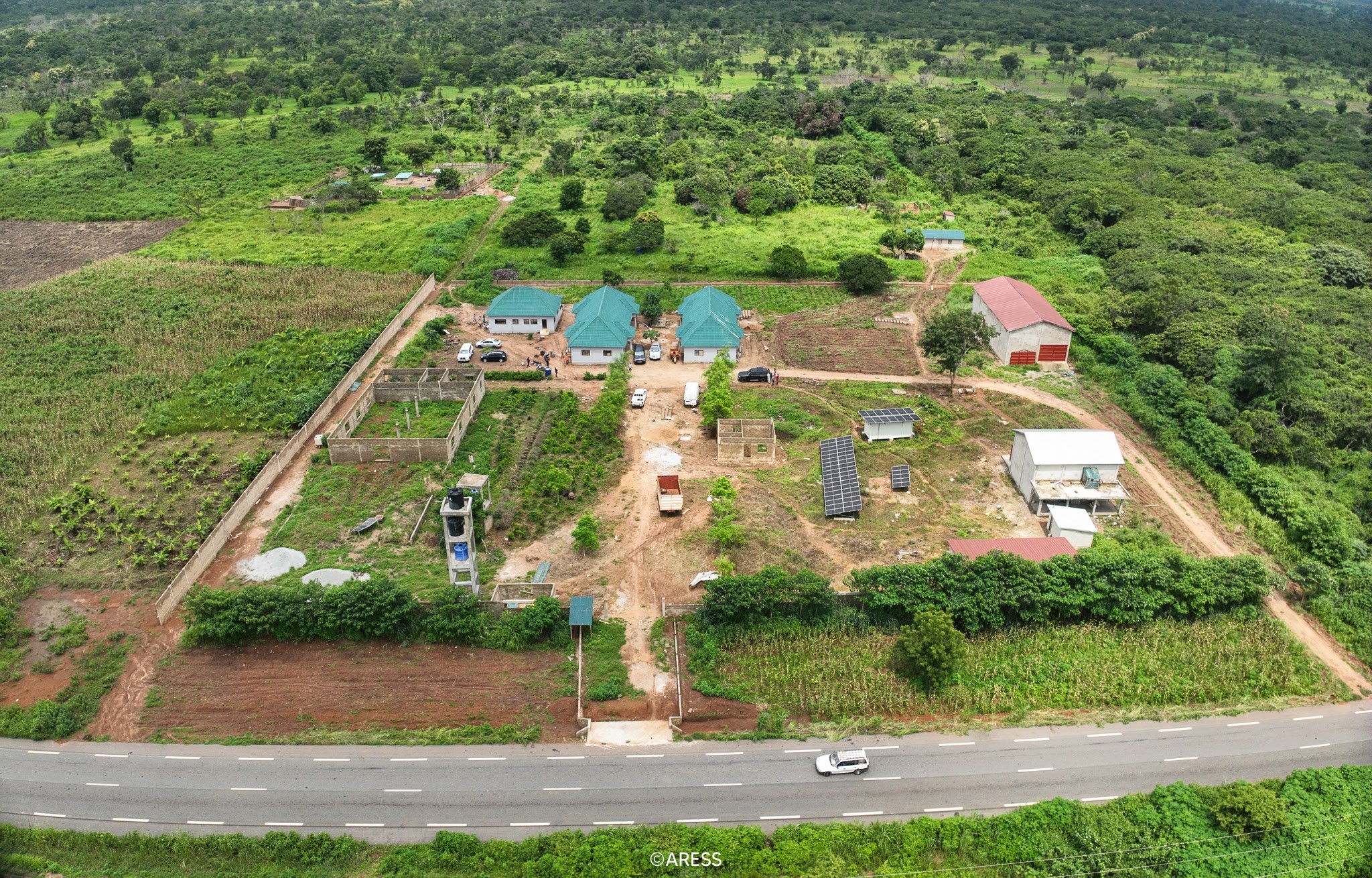©ARESS
In the summer 2023, the ARESS teams finalized the installation of the second pilot of LEOPARD project in Benin. This installation will be followed by a quality control mission by CT2S, scheduled for the end of the year.
This second demonstrator aims at providing an autonomous, innovative energy system for productive uses, mainly cooling, in isolated localities with the lowest access to energy levels. Based on the same technology as LEOPARD first pilot, it offers dematerialized control, with multi-source/hybridization management possibilities.
In parallel, the LEOPARD project partners continued working on the replicability of LEOPARD micro-grid solutions in Benin and in Senegal. These studies were especially conducted through LENI, a digital GIS tool developed by EIFER.
To enable researchers and interested individuals to know more about the LEOPARD solutions and their replicability, a webinar was organised on October 25th (in French). This event allowed participants to discuss the replicability of micro-grid demonstrators deployed in Benin as part of the LEOPARD project. The objective of this study is to identify potential sites to duplicate these technological solutions, with a focus on Benin and Senegal.
The event began with a presentation of the GIS LENI tool. This tool, developed by EIFER and updated as part of the LEOPARD project, is a decision support tool aimed at quickly identifying candidate villages in order to deploy rural electrification solutions at the scale of a region or a country.
Rewatch the webinar here:
The LEOPARD project aims to disseminate micro-grid technology by designing, testing, and evaluating a containerized solution for renewable energy production in rural and peri-urban areas in West Africa.
More about LEOPARD: https://www.leap-re.eu/leopard/




